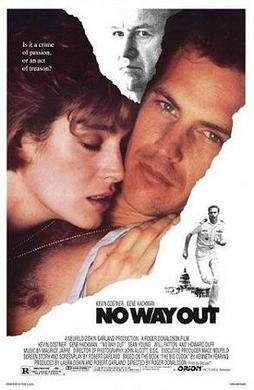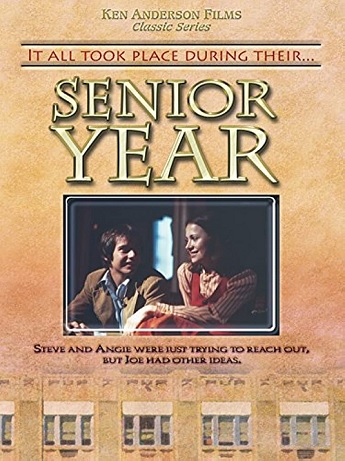The lineup for the Cannes Film Festival has been announced. After a rather subdued Sundance, film lovers like me are desperately looking to Cannes to add some excitement to 2024. Considering that Cannes is going to see the premiere of new films from Francis Ford Coppola, Paul Schrader, Sean Baker, Kevin Costner, Andrea Arnold, George Miller, David Cronenberg, and Yorgos Lanthimos, it might do just that!
In the past, Cannes has always been hit-and-miss when it comes to the Oscars. But lately, films like The Zone of Interest, Parasite, and The Tree of Life have followed success at Cannes with success with the Academy.
With that in mind, here’s the lineup. If you’re going to Cannes in May, you’re going to have a good time!
Full lineup of the 2024 Cannes film festival.
The Second Act Quentin Dupieux (Opening Film) (Out of Competition)
Competition
L’Amour Ouf Gilles Lellouche
All We Imagine As Light Payal Kapadia
Anora Sean Baker
The Apprentice Ali Abbasi
Bird Andrea Arnold
Caught by the Tides Jia Zhangke
Emilia Perez Jacques Audiard
The Girl With the Needle Magnus von Horn
Grand Tour Miguel Gomes
Limonov: The Ballad Kirill Serebrennikov
Marcello Mio Christophe Honoré
Megalopolis Francis Ford Coppola
Motel Destino Karim Ainouz
Parthenope Paolo Sorrentino
The Shrouds David Cronenberg
The Substance Coralie Fargeat
Wild Diamond Agathe Riedinger
Kinds of Kindness Yorgos Lanthimos
Out of Competition
Furiosa: A Mad Max Saga George Miller
Horizon, an American Saga Kevin Costner
Rumours Evan Johnson, Galen Johnson, Guy Maddin
She’s Got No Name Chan Peter Ho-Sun
Un Certain Regard
Armand Halfdan Ullmann Tondel
Black Dog Guan Hu
The Damned Roberto Minervini
L’Histoire de Souleymane Boris Lojkine
My Sunshine Boku No Ohisama
Norah Tawik Alzaidi
On Becoming a Guinea Fowl Rungano Nyoni
Le Royaume Julien Colonna
Santosh Sandhya Suri
September Says Ariane Labed
The Shameless Konstantin Bojanov
Viet and Nam Truong Minh Quý
The Village Next to Paradise Mo Harawe
Vingt Deux! Louise Courvoisier
Who Let the Dogs Bite? Laetitia Dosch
Midnight Screenings
The Balconettes Noémie Merlant
I, The Executioner Seung Wan Ryoo
The Surfer Lorcan Finnegan
Twilight of the Warrior Walled In Soi Cheang
Cannes Premiere
C’est Pas Moi Leos Carax
Everybody Loves Touda Nabil Ayouch
The Matching Bang Emmanuel Courcol
Misericorde Alain Guiraudie
Rendez-Vous Avec Pol Pot Rithy Panh
Le Roman de Jim Arnaud Larrieu, Jean-Marie Larrieu
Special Screenings
Apprendre Claire Simon
La Belle de Gaza Yolande Zauberman
Ernest Cole, Lost and Found Raoul Peck
Le Fil Daniel Auteuil
The Invasion Sergei Loznitsa












